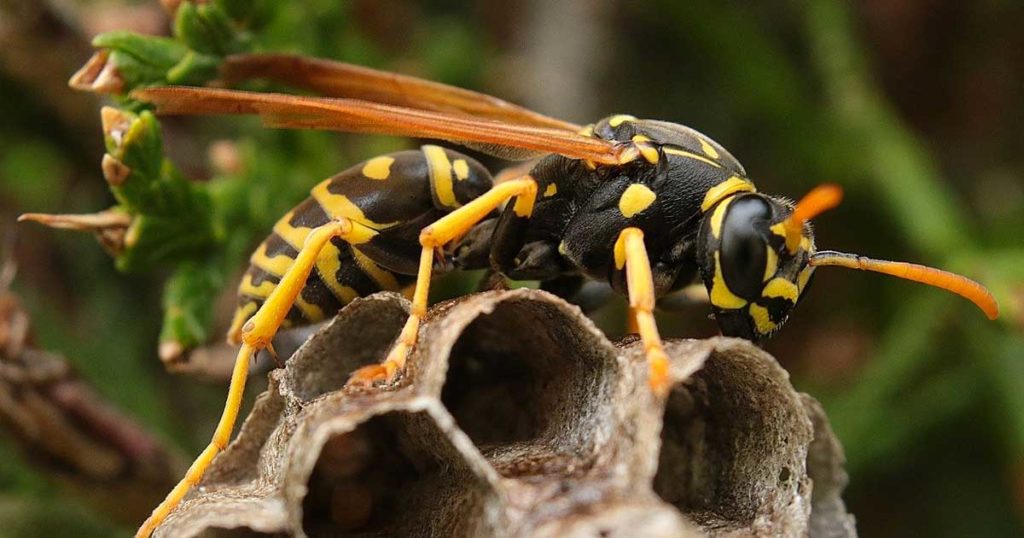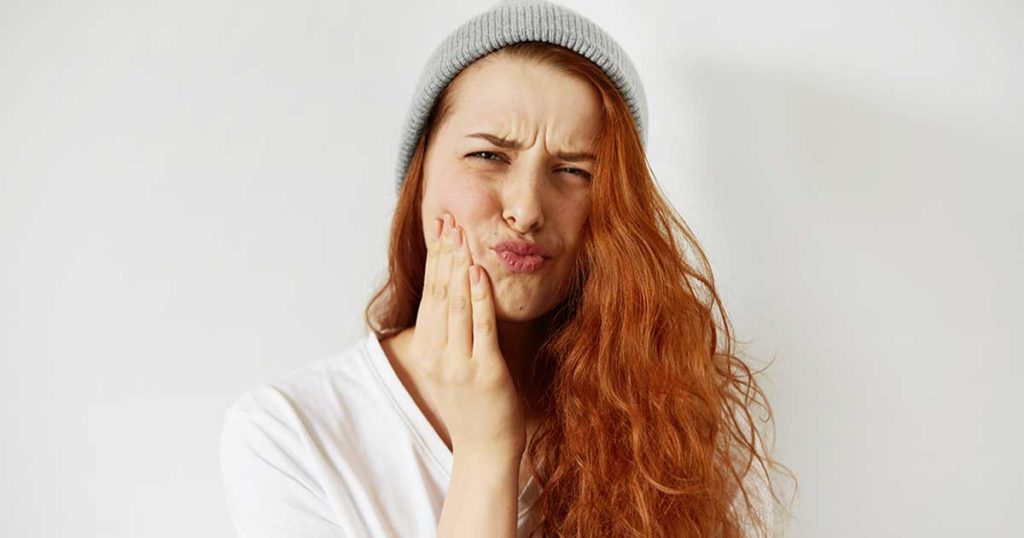Beautiful skin may be determined in part by genetics, however there are many preventative steps that can be taken to ensure that skin stays in top condition. Sun damage, lack of sleep and dehydration to name only a few are all contributing factors of unhealthy looking skin. This article features 8 simple and easy steps to healthy, glowing skin.
Step 1 – Get More Sleep
Sleep gives the body’s cells a chance to repair and regenerate. Sallow skin and dark under eye circles are tell-tale signs of a bad night’s slumber.
Melatonin is a hormone secreted by the brain, which plays a role in setting the internal clock. Melatonin production decreases with age and the decrease results in physical signs of ageing such as wrinkles. Remaining active during the day will ensure a better night’s sleep, thus helping to reduce the signs of ageing and decrease signs of sleep deprivation such as dark circles.
Step 2 – Protect Yourself From the Sun
Excess exposure to the sun results in wrinkles, loss of elasticity, hyperpigmentation and skin cancer. Frequent sunscreen application should become a habit, even when it’s cloudy. A broad spectrum sunscreen which protects against both UVA and UVB rays is ideal, with an SPF of 30 or more. It is best to avoid the sun during the middle of the day.
Step 3 – Stay Hydrated
When skin is well hydrated, it looks healthy, plump and youthful; when it is dehydrated, it lacks lustre and appears tight and dry. Drinking plenty of water is great for general health; however, skin serums and moisturisers will reinforce the skin’s protective barrier and lock in hydration.
Step 4 – Exercise Regularly
Regular exercise is a skin care essential. Raising the heart rate through both gentle and rigorous workouts helps in increase blood flow which transports oxygen to the skin and carries nutrients to the cells. Exercising also cleanses impurities from the skin in the form of sweat. Working out has been shown to be beneficial in reducing stress levels and reduce breakouts. Always exercise without make-up and cleanse thoroughly afterwards.
Step 5 – Quit Smoking
Smoking is not only bad for the health – it also has a terrible impact on the skin, causing wrinkles to appear prematurely around the eyes and mouth. Many toxins contained in cigarettes are absorbed directly into the bloodstream and carried by the blood into the structure of the skin. Smoking reduces the efficiency with which skin can repair itself and hinders blood vessels that provide the skin with oxygen and nutrients. Because smoking robs skin of oxygen, the skin will end up looking dull and grey as well as lined and wrinkled.
Step 6 – Reduce Stress
Stress often shows up in the skin if the form of breakouts or general dullness. The first step is to identify the cause of stress, then find mechanisms to deal with it. Fresh air can help to clear the mind and yoga is particularly good for stress relief in that it can divert the mind from the business of everyday life. Laughter is also helpful in relaxing the mind and reducing stress. Burning essential oils such as lavender, chamomile and sage also helps to relieve stress
Step 7 – Moisturise
Moisturisers play an active role in preventing and treating dry skin and improving texture. Moisturisers act as a temporary barrier, helping to reduce water loss from the outer layer of the skin as well as well as allowing damaged cells time to repair themselves. Moisturisers should be applied daily , in the morning under sunscreen and in the evening without sunscreen. Applying moisturiser while the skin is still damp will help to lock in the moisture.
Step 8 – Enjoy a Well Balanced Diet
Good nutrition is crucial to the skin’s health. Five servings of fruit and vegetables every day will provide skin skin cells with the vitamins, minerals and hydration that it needs to grow and renew. Wholegrain foods, nuts, dairy, fish and beans are rich in zinc which promotes healing and reduces inflammation in the body. Foods like peanut butter, eggs and liver contain biotin which is another nutrient needed for healthy skin, hair and nails as well as preventing dermatitis and hair loss. Incorporate monounsaturated fats such as those found in olive oils and avocado to promote supple skin and soft, shiny hair.






